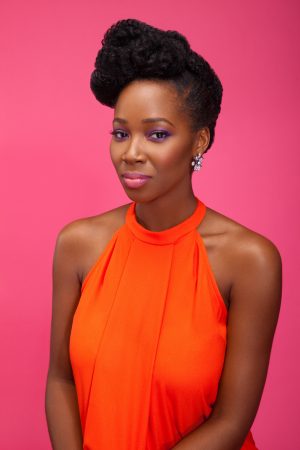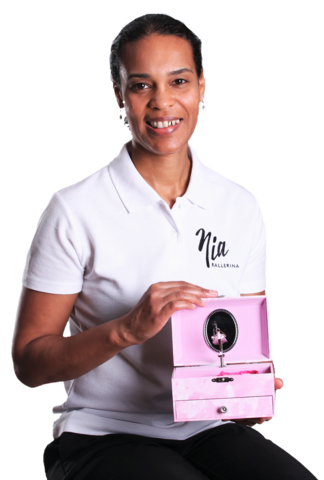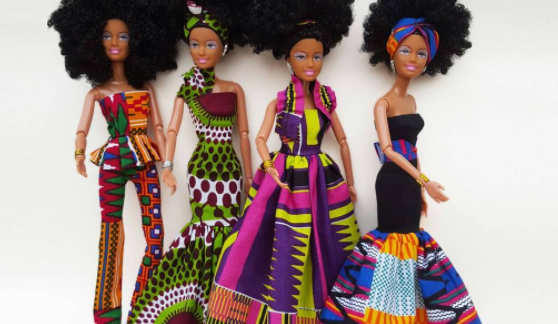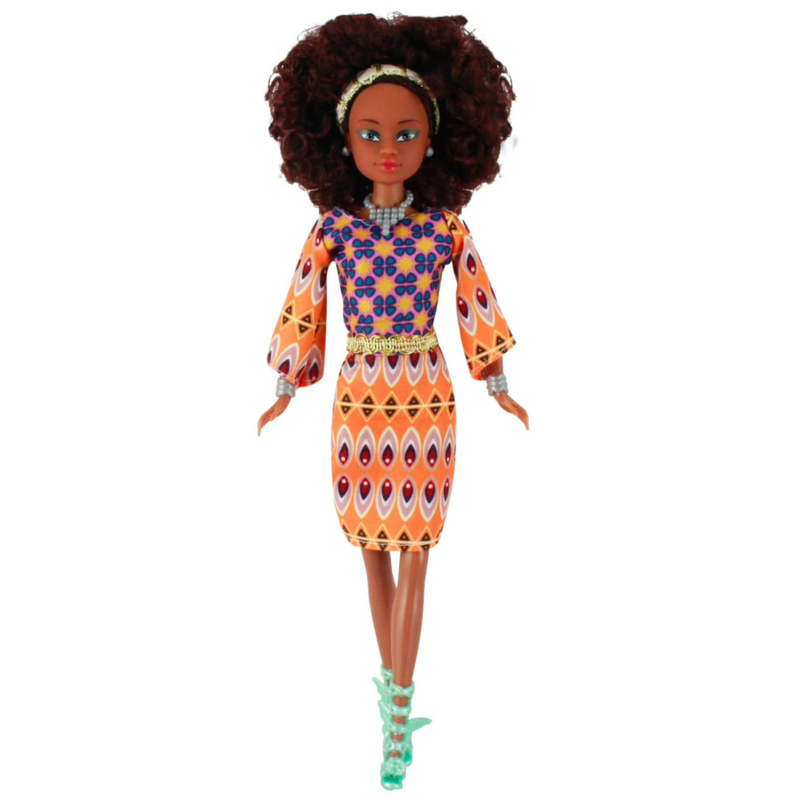The issue of representation is relevant in all areas of life, but perhaps none more so than when it comes to the first few years of life.
Arguably the early years are when we begin to form ideas, attitudes about life and where we fit in it. Recording artist and television presenter, Jamelia appeared on daytime magazine show, This Morning, to highlight the lack of representation in children’s toys and dolls.
 Jamelia said: “Being a parent I understand how important play is to the development of children. And toys are an important part of this. But the problem that my mum had selecting toys for me as a child still exists to this day. There is an incredible lack of toys and dolls that exist for children that cater to the diverse range of ethnicities that live in the UK today.”
Jamelia said: “Being a parent I understand how important play is to the development of children. And toys are an important part of this. But the problem that my mum had selecting toys for me as a child still exists to this day. There is an incredible lack of toys and dolls that exist for children that cater to the diverse range of ethnicities that live in the UK today.”
As part of her investigation, Jamelia visited a nursery in Birmingham to find out how this issue affects other parents. She spoke to two mums who spoke about the difficulties of finding dolls that represent their children.
One mum, said Deena Shayaam-Smith, said: “It’s extremely hard. I have two older daughters so I’ve had years of searching for dolls. If by chance there may be one black doll on the shelf, then I’m like, yes, I’ve got one.”
To the question; how important is it that your child plays with a doll that looks like them? Another mum added: “It’s self-representation. If you see yourself in the world you feel like you are a part of the world.”
So, it comes down to being able to see yourself reflected in society. “If they [children] don’t see people that look like them achieve great things, they’re not going to think they can do it.”
Jamelia spoke to one individual who decided to do something about the gap in the market, Sharon McBean, creator of Nia Ballerina, a musical jewellery box featuring a black ballerina.
Sharon said: “The actual inspiration for the music box is my daughter. She is ballet-mad. My mum bought her a jewellery box. I didn’t quite understand why she bought her a jewellery box that didn’t look like my daughter. She’d just presumed that there were jewellery boxes out there with black ballerinas. So, I thought I’m going to create one myself.”
 The music box is extremely popular, selling half of her initial stock in just a week.
The music box is extremely popular, selling half of her initial stock in just a week.

If you go searching online, you will see a few other enterprising people who have created black dolls. Popular Afrobeat artist, Fuse ODG launched a line of African inspired dolls recently and ‘Queens of Africa’ dolls created by Taofick Okoya, have been available since 2007, to name a couple.

So, yes there are options for getting black and brown dolls for our children, but we agree with Jamelia. More needs to be done to ensure they are more widely available and accessible in our high-street stores.













1 comment